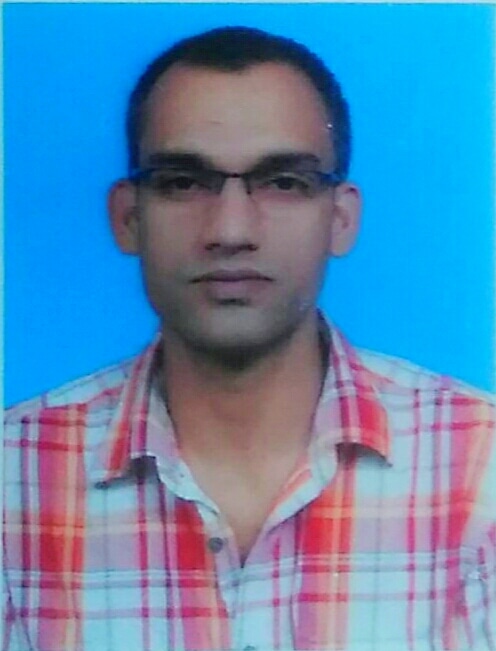Asia’s largest Int’l Liquid Mirror Telescope unveiled in India’s Uttarakhand state

TCN Service/Dehradun
India on Tuesday unveiled Asia’s largest 4-metre International Liquid Mirror Telescope (ILMT) at Devasthal in Uttarakhand state.
Indian Minister of State for Earth Sciences Dr Jitendra Singh today inaugurated ILMT Devasthal in the presence of Uttarakhand Governor Lt Gen (Retd) Gurmeet Singh.
Singh said, “The ILMT employs a 4-metre-diameter rotating mirror made up of a thin layer of liquid mercury, to collect and focus light.
The metal mercury is in liquid form at room temperature and at the same time highly reflective and hence, it is ideally suited to form such a mirror.
The ILMT is designed to survey the strip of the sky passing overhead each night, allowing it to detect transient or variable celestial objects such as supernovae, gravitational lenses, space debris, and asteroids.”
ILMT Devasthal will have collaborations with universities of countries as US, UK, Canada, Australia, Belgium and Poland among others.
“ILMT Devasthal is the first liquid mirror telescope designed exclusively for astronomical observations and this is the largest aperture telescope available in the country at present and is also the first optical survey telescope in India.
While scanning the strip of the sky every night, the telescope will generate nearly 10-15 Gigabytes of data and the wealth of ILMT generated data will permit the application of Big Data and Artificial Intelligence/Machine Learning (AI/ML) algorithms that will be implemented for classifying the objects observed with the ILMT,” he added.

The data generated by ILMT Devasthal will be analyzed quickly to discover and discern variable and transient stellar sources.
The 3.6 metre DOT, with the availability of sophisticated back-end instruments, will allow rapid follow-up observations of the newly-detected transient sources with the adjacent ILMT. The data collected from the ILMT, over an operational time of 5 years, will be ideally suited to perform a deep photometric and astrometric variability survey.
There are primarily three components in a liquid mirror telescope: i) A bowl containing a reflecting liquid metal (essentially mercury), ii) an air bearing (or motor) on which the liquid mirror sits, and iii) a drive system.
Liquid mirror telescopes take advantage of the fact that the surface of a rotating liquid naturally takes on a parabolic shape, which is ideal for focusing light. A scientific grade thin transparent film of mylar protects the mercury from wind.
The reflected light passes through a sophisticated multi-lens optical corrector that produces sharp images over a wide field of view. A 4k ⨯ 4k CCD camera, located above the mirror at the focus, records 22 arcminute wide strips of the sky.
Singh credited the project’s success to Indian Prime Minister Narendra Modi and said “It is primarily the patronage, promotion and prioritization from Modi that has enabled and emboldened the scientific fraternity to successfully try new initiatives, one after the other, in the field of science, technology and innovation, which are being rated as world class.
Not only PM Modi has given us the motivation to move ahead but also given the freedom to explore hitherto lesser explored areas like Space which has been opened up for private players or India’s oceans whose vast resources are waiting to be unfolded,” he further added.

Aryabhatta Research Institute of Observational Sciences (ARIES) announced that the world-class 4-metre ILMT is now ready to explore the deep celestial sky.
It achieved its first light in the 2nd week of May 2022. The telescope is located at an altitude of 2450 metre at the Devasthal Observatory campus of ARIES.









